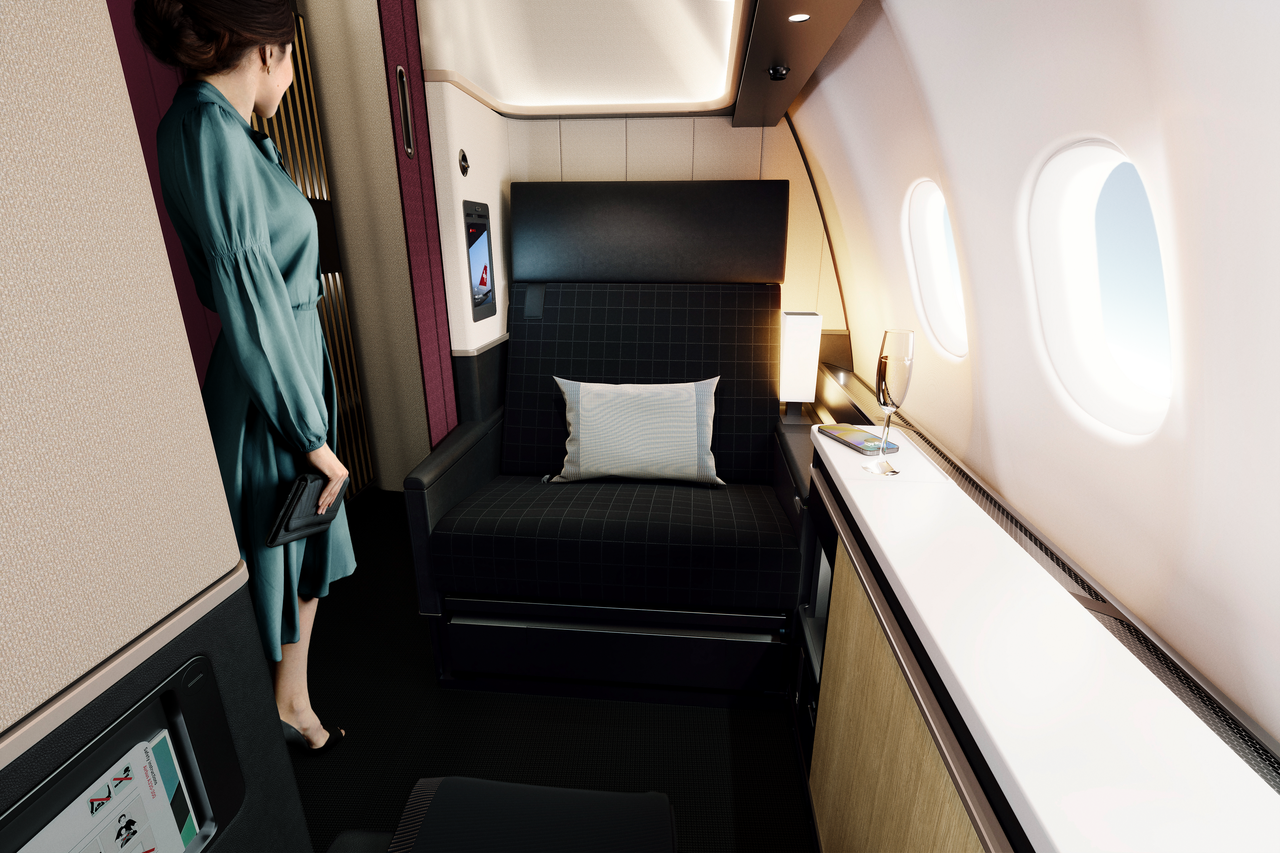IATA CEO Interview: ‘We’ve Got to Be Very Careful We Don’t Re-Regulate the Industry’
Skift Take
During the CAPA Airlines in Transition conference in Dublin this month, we had an opportunity to sit with IATA Director General and CEO Tony Tyler for a candid conversation about the future prospects and challenges of the aviation industry.
Among other topics, we discussed the push by U.S. legislators and passenger groups to set universal standards for airline service, and minimum requirements for the cabin experience.
To Tyler, these initiatives represent a worrying trend which could reverse progress made over the past forty years, since de-regulation and airline privatization began.
“We’ve got to be very careful that we don’t re-regulate the industry,” Tyler said. “There are some warning bells ringing in the U.S. where there are legislators saying that the industry should be re-regulated on these kinds of things. I think that would be a very bad idea. The U.S. led the world in de-regulating the industry. Many, many years ago IATA used to get involved in defining the size of the sandwich in Economy class. All of that stuff has quite rightly been stripped away, and the market now determines these things. It’s the market that should be left to determine these things.”
Tyler’s argument is that open competition between airlines has created a diverse range of products which allows customers to fly on airlines offering them the products they value most—even if what they value most is cheaper fares.
“If an airline can offer cheaper fares by putting more seats on the aircraft, then passengers who want to travel cheap will take it,” Tyler said. “If they want a more comfortable flight, they can pay a bit more. So, again, why should this industry be singled out for this kind of regulation? You don’t find theaters being regulated in this way, or other forms of transportation, or hotel rooms. Everybody knows products are different and the prices you pay are different. And that’s the glory of the industry–that there is so much choice.”
Tyler also argues that in the time since de-regulation, the product available to airline industry passengers has improved dramatically—even at the back of the plane, if in a different way.
What we have today, Tyler says, is a far more diverse product offering from airlines than we have ever seen before.
“I think what we’ve seen is a proliferation of product offerings. If you look at what’s happened at the front of the airplane, passengers have literally never had it so good. I mean, the degree of comfort and convenience, indeed luxury, at the front of the plane is amazing. As you go back through the aircraft you see that Business class today is treated better than even First class was twenty years ago,” Tyler said.
“You now have Premium Economy for those who want to pay a bit more than the Economy fare in order to have a very comfortable flight and you have Economy class on different airlines with different seat configurations, different seat widths, different seat pitches and these different configurations generate different unit costs and as a result different fares,” Tyler added.
“Passengers sitting in these modern seats also many times have video on demand in a way which 20 years ago was very rare. They have entertainment that they never had before. They’re getting connectivity. I think it’s misleading to say well, this seat is smaller than that seat was 20 years ago. There’s now a wide range. You pay your money and you take your choice,” he said.
“The other things that airlines have done to make the journey more comfortable and to pass faster are amazing. Passengers are getting a fantastic deal. And the fares have gone down over the last 20 years by half. That’s not a bad deal.”




